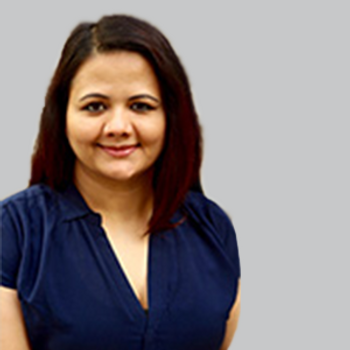
Ishu Arpan, PhD, senior research associate at Oregon Health & Science University, also discussed further studies she would like to see conducted in MS falls.

Ishu Arpan, PhD, senior research associate at Oregon Health & Science University, also discussed further studies she would like to see conducted in MS falls.
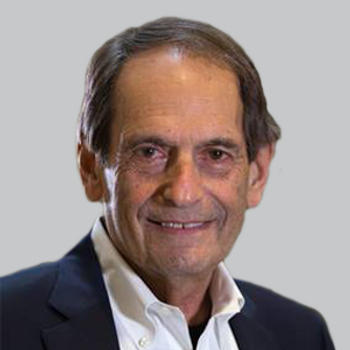
LT-001 and LT-002 followed up patients treated with onasemnogene abeparvovec from the START, STRONG, STR1VE, and STR1VE-EU studies.
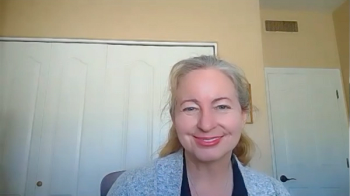
The executive vice president and chief research officer of the MDA offered her perspective on the ongoing conversations about and impact of the pandemic on the care of patients with muscular dystrophies.
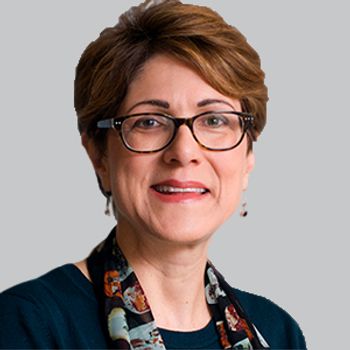
At each timepoint, all assessed participants with 3 SMN2 copies and the majority with 2 SMN2 copies were identified by PASA as not being tube fed.
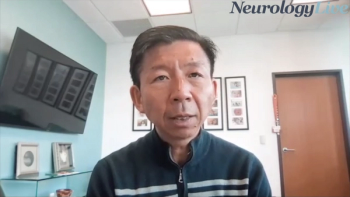
The director of the Institute for Health, Health Care Policy, and Aging Research at Rutgers University discussed his recent findings on assessing evidence for dementia care interventions.
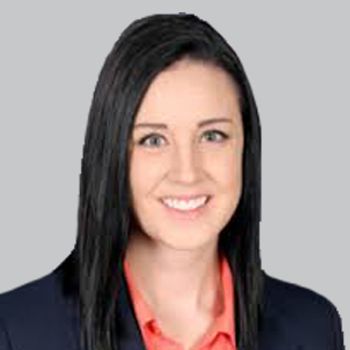
Alise Carlson, MD, a resident at Cleveland Clinic, discussed her presentation from ACTRIMS Forum 2021 on the misdiagnosis of adult-onset genetic leukodystrophies as multiple sclerosis.
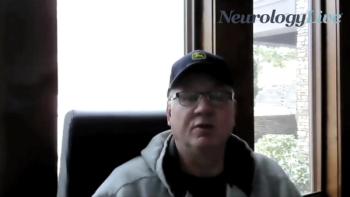
The director and founder of the Sleep Centers of Middle Tennessee discussed the gap between sleep apnea prevalence and testing.

Treatment with nusinersen demonstrated no clinically meaningful changes in vital signs or clinical laboratory parameters, including urine parameters, in those with spinal muscular atrophy.
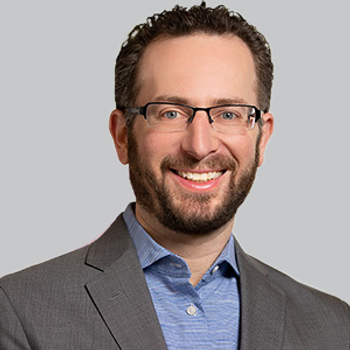
Despite showing better composite scores for cognition and ability to perform activities of daily living, a number of the secondary outcomes showed mixed results with the Eli Lilly investigational agent.

Researchers also found that, in comparing ataluren to standard care, ataluren delayed loss in pulmonary function.
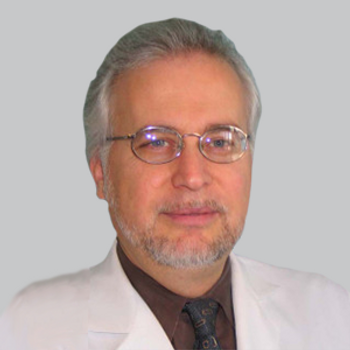
The high-dose cohort in part 1 of the FIREFISH study also showed that more than 50% of infants could sit without support and more than 90% could feed orally.
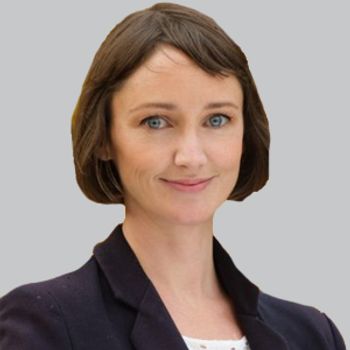
Persons with pediatric-onset MS received higher rates of disability benefits, sickness absence days in their youngest age period, and disability pension days in their oldest age period than those without MS.
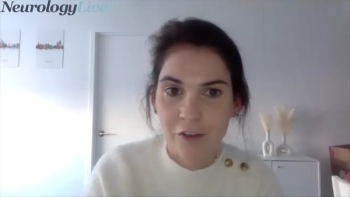
The postdoctoral researcher at Columbia University discussed her abstract from ACTRIMS Forum 2021 on the associations of MS diagnosis disclosure and concealment with anxiety and depression.

Here's what is coming soon to NeurologyLive.

In assessing patients treated with siponimod, researchers also saw that plasma neurofilament light levels slightly predicted a reduced risk of disease worsening.

Researchers observed that patients who underwent vagus nerve stimulation reported alertness improvements and most had no major complications.
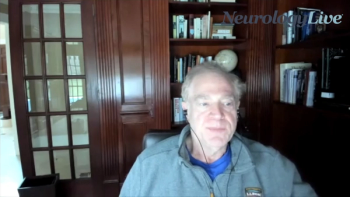
The director of the Montefiore Headache Center discussed the research he would like to see into the treatment, including the potential of combination approaches.
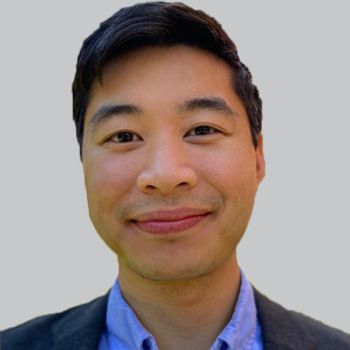
Students share their experience in the virtual classroom, navigating new requirements, and the lessons learned from their position in a global pandemic.
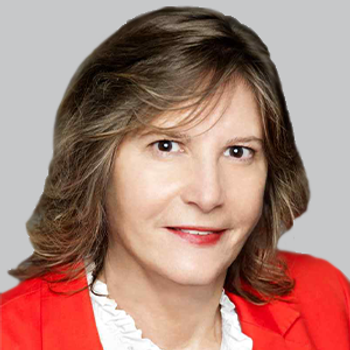
The partnership is aiming to develop a novel approach to damage repair in multiple sclerosis from a number of potential drug candidates.
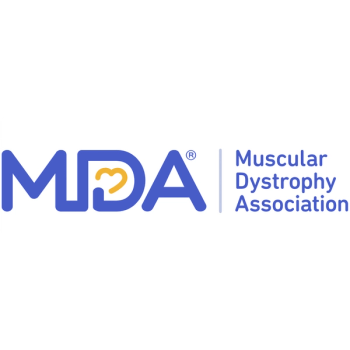
Sharon Hesterlee, PhD, executive vice president and chief research officer, MDA, shares an early look at the MDA's 2021 Virtual Clincial and Scientific Conference, March 15-18.
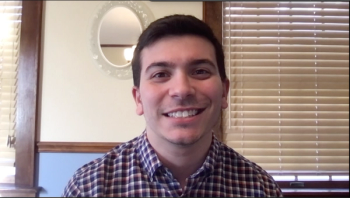
Neurology News Network for the week ending March 13, 2021.
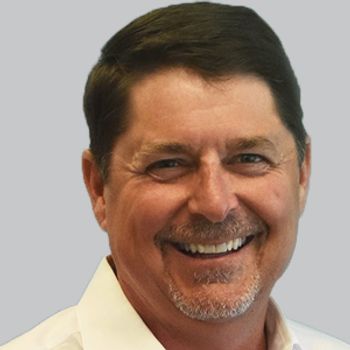
Patients treated with the GammaSense neuromodulation therapeutic also demonstrated a significant 61% reduction in whole brain atrophy and volumetric loss associated with Alzheimer disease.

Take 5 minutes to catch up on NeurologyLive's highlights from the week ending March 12, 2021.
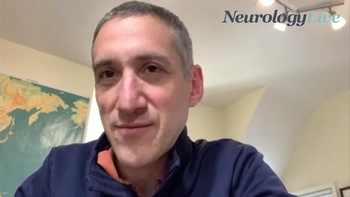
The senior investigator at the National Institutes of Neurological Disorders and Stroke discussed 2 treatments currently being evaluated for use in multiple sclerosis.
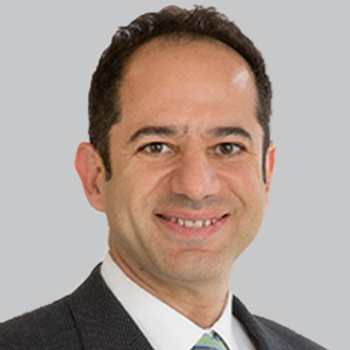
A pair of cerebrovascular and neurosurgery experts discuss a novel approach to communicating hydrocephalus with an arachnoid granulation using a miniature implant, delivered via a percutaneous endovascular catheter.

The executive vice president and chief research officer of the MDA gave an overview of the upcoming virtual annual meeting and her insight on what to look for.

"Mind Moments," a podcast from NeurologyLive, brings you an exclusive interview with Stewart Factor, DO.

Researchers from Kaohsiung Medical University performed a meta-analysis of 18 RCTs to investigate associations between ASMs and sleep parameters.

The chief diversity, equity and inclusion officer at the Alzheimer’s Association discussed the findings of the association’s special edition of its annual Facts and Figures report.
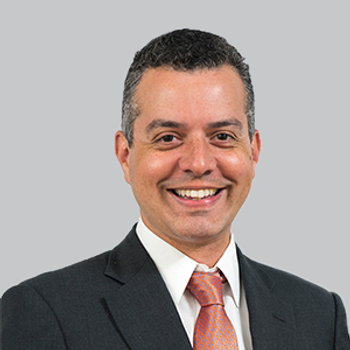
Researchers found that the proportion of patients meeting DNC criteria suitable for organ donation increased after teleneurology use.